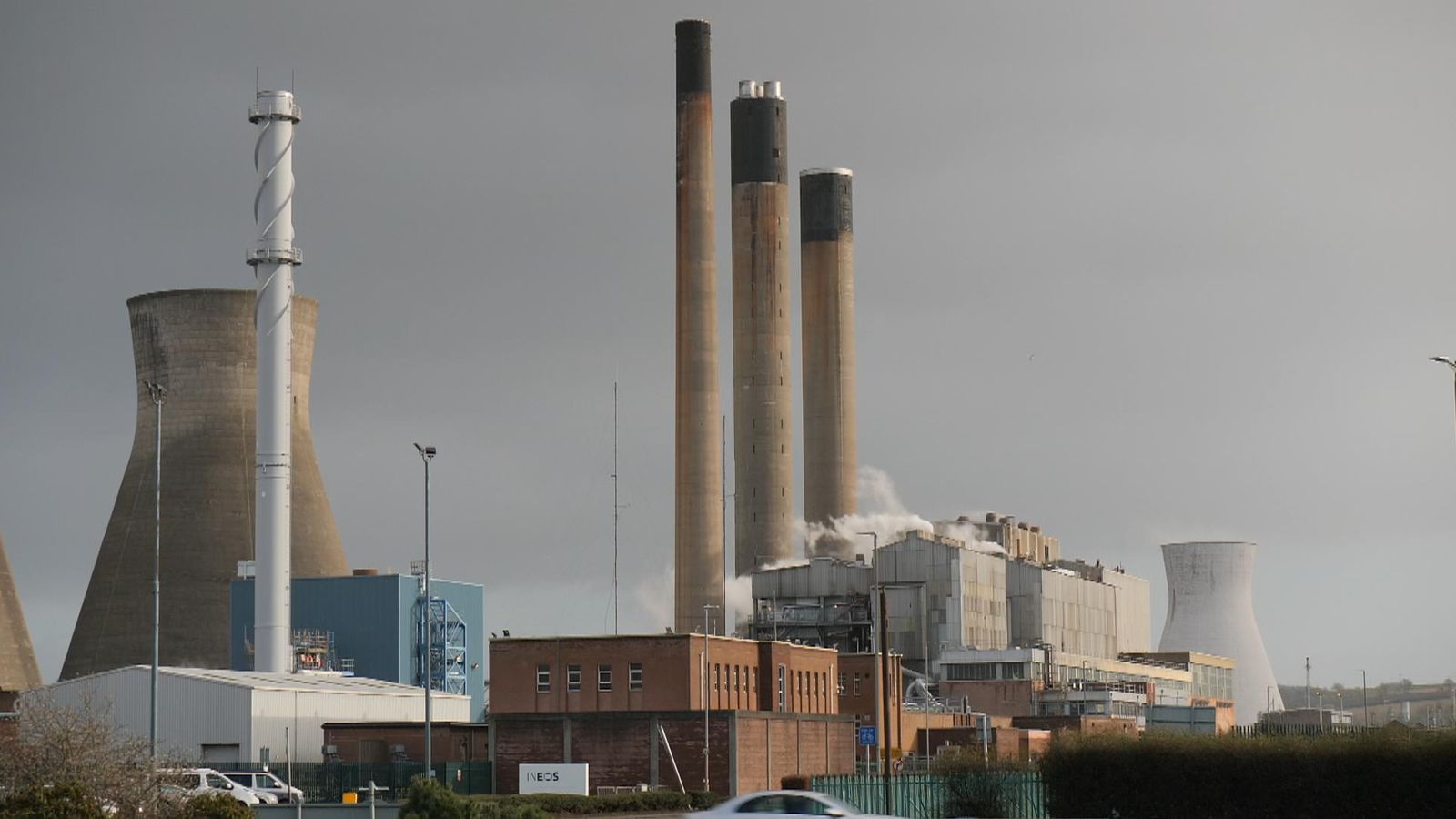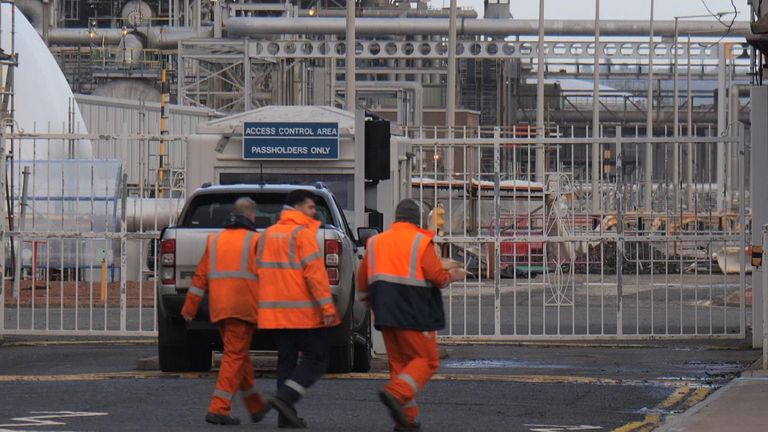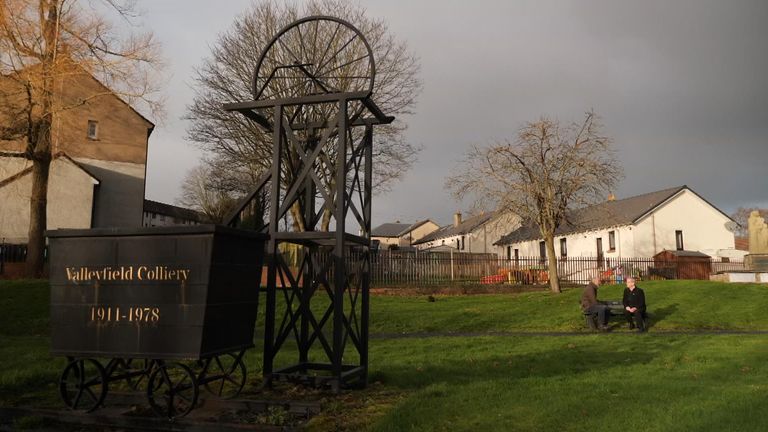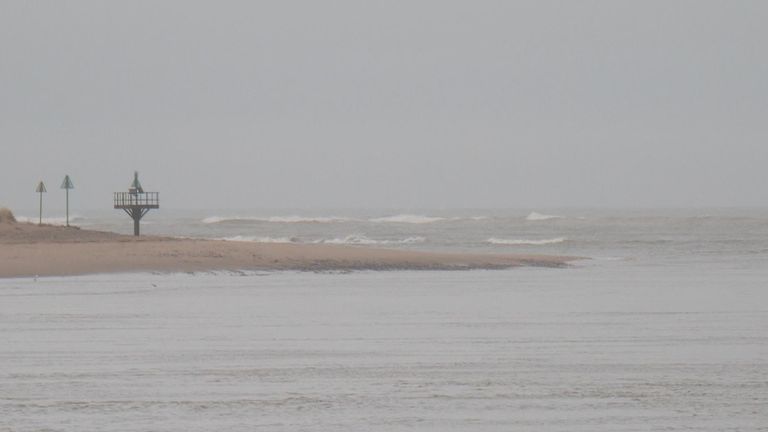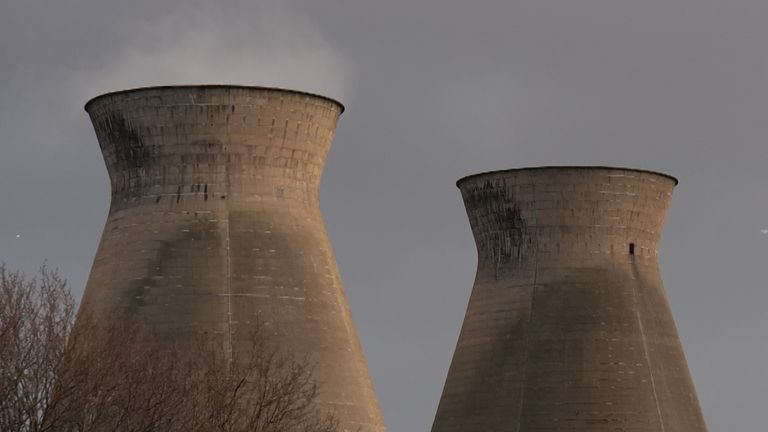The government’s plan to drill for more oil and gas in the North Sea passed its first major hurdle in the Commons this week.
But will it, as the government claims, deliver energy security and protect the jobs we need to help drive a transition to a low-carbon economy?
Or are the Petroleum Licencing Bill’s many critics correct in that it’s just a short-term political move to secure votes among those sceptical of the costs of net zero and one that could end up making the transition harder and more expensive?
On the face of it, the government’s argument makes sense.
Nearly 80% of the energy we currently consume in the UK comes from fossil fuels. Most of it natural gas. And in 2022, 38% of that was produced in the North Sea.
Surely better to use locally sourced gas to support jobs and help fund the green energy transition?
But as a source of oil and gas, the North Sea basin is in decline. You only have to look at the proposed closure of Grangemouth, Scotland’s last remaining oil refinery as evidence of that.
Tam Rafferty is one of 500 workers at Grangemouth whose jobs are on the line. What does this mean for his future?
“Do we need to uproot our families and relocate, or do we move away from gas altogether? And that could be a drop in our standard of living.”
The site’s owner Petroineos wants to convert it to an import terminal – meaning Scotland’s fuels will soon have to come in from somewhere else. That, according to Derek Thomson, Scottish secretary of the Unite union, undermines energy security.
“We’ve got the North Sea oil which we could refine at Grangemouth for energy security purposes. Surely we should be looking at refining it on a petrol here.”
Unite says it recognises the oil industry is in decline, but ending exploration in the North Sea and shuttering infrastructure like Grangemouth will destroy not just jobs, but supply chains and communities that rely on them. The same people will need to shift into low-carbon industries.
“Show me the green jobs. Show me what the plan is. We’ll be happy to sit down and talk through it. But right now, we need to put forward a credible plan.”
Directly opposite Grangemouth across the Firth of Forth, there’s an all-too-real lesson from history.
Fife was once the heart of Scottish coal mining. Powering the nation for the best part of a century. Now its mining villages are some of the most economically deprived in the UK.
“The impact was horrendous,” says former mine worker Rab McKenzie as he shows me around Valleyfield, once a thriving mining town.
“You feel a sense of deprivation. Drug addictions I see that, I see the food banks, the people with no good clothes.”
As we begin to shut down another energy industry – oil and gas – he warns against making the same mistakes that were made over coal.
“The government’s got to learn and got to learn quick because it’s going to happen very soon,” he says.
So, can the green industrial revolution provide new jobs for workers in the polluting industries of today?
Two hours up the coast in Montrose, power company SSE renewables has just completed Seagreen, Scotland’s largest offshore wind farm. They’re waiting for consent to build one four times as large.
According to SSE’s Gary Donlin, 1,700 of their staff have already made the transition from the oil and gas industry into renewables. And they’re going to need even more.
“We need engineers, we need ecologists. We need people working in finance. And the key element of a just transition is understanding that you can take your skills from the high carbon sector that you may already be in,” says Mr Donlin.
The unions representing offshore workers say it isn’t as simple as that.
They argue there’s still a large discrepancy in pay between renewables and oil industry jobs. There’s also the fact people later in their careers, with the best skills and experience, are less likely to retrain for new jobs.
“We’ve been promised a jobs revolution before, and it’s never happened,” says Unite’s Mr Thomson.
“Of course, workers want to change with the times and make the world a better place. But until there’s a credible path for that workers’ transition, I have no confidence that will be what will be delivered.”
I put that to Anas Sarwar, the leader of Scottish Labour whose party may well soon be running the country in Westminster. Labour has committed to no new oil and gas exploration in the North Sea putting it at odds with its traditional unions’ support base.
Click to subscribe to ClimateCast wherever you get your podcasts
“If the relationship with the workforce and the representative trade unions is to say this is what’s happening, not ifs no buts, we’re shutting things down and closing our eyes to your current job I can understand why that might be a concern,” says Sarwar.
“That is not what is being proposed. We are proposing a genuine partnership with the workforce, with the trade unions, with the oil and gas industry, to make sure we have a managed transition that creates the new jobs of the future.”
Read more:
Sewer power to heat hundreds of homes
Six of UK’s nine nuclear reactors temporarily shut down
Govt ‘can’t prove biomass industry meets sustainability rules’
Both major parties say they have a plan for the energy transition. But the Conservatives appear to think it’s politically unpalatable and Labour is under pressure even from within its own party, to reduce the level of its spending commitments (that £28bn we keep hearing about).
According to Chris Skidmore – former Conservative minister who led the government’s net zero review and this month resigned over his party’s position on emissions reductions – we’ll all end up worse off if this remains the case.
“We’re in a net zero race,” he says. “If the UK decides to stand still, it just falls simply further behind.
“We all are now in a critical moment which won’t come again. And there is a severe economic cost in terms of jobs, investment, in terms of regeneration that we will pay unless we move faster.”
